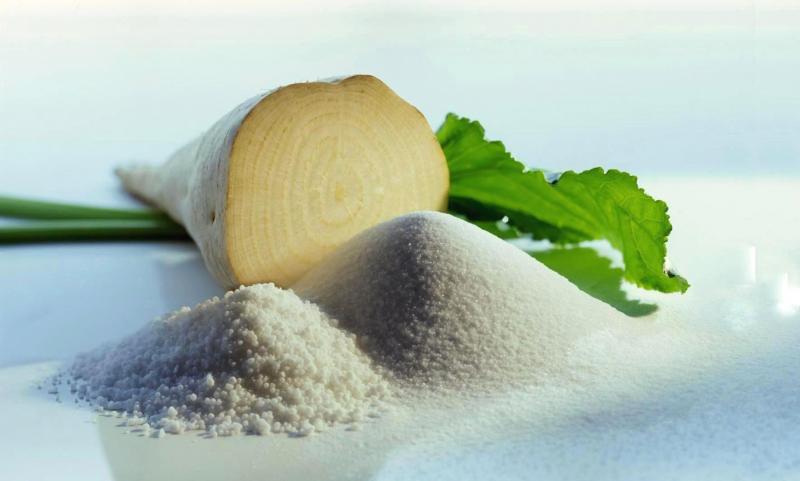
There is probably no need to tell our readers about the sugar rush in the country. Suffice it to say that in the regions people are lining up from 2 or 3 in the morning to get 2 kilos in one hand. Some enterprising hucksters manage to sell a kilo of sweet product for 900 tenge. World of NAN will tell you why the prices rose so sharply this year and what should be done to finally get rid of import dependence on sugar.
Where does sugar come from?
The sugar produced by domestic factories is not enough for the country. To cover the increasing demand, it is imported from Russia and Belarus. Russian product takes almost half of the market - about 48%. Raw sugar is mostly imported from Brazil, Cuba.
Excitement about sugar this year began with the restrictions of the Russian Federation on the export of sugar. Not only the consumer market, but also Kazakhstan's confectionery companies depend on it. Anti-Russian sanctions also had an impact on the situation. Importing countries, which previously transported raw materials through Russian ports, had to change the logistics routes. This, in turn, implies additional costs and affects the final price of the product, which is becoming more expensive.
As for Kazakhstani production, it is not too early to talk about 100% supply, but so far it is meaningless in today's realities. As it turned out, the industry has a lot of problems that hinder development. We learned about them in a conversation with the head of the farm "Nam" German Nam. The farmer has been growing beet in Taldykorgan Region for 35 years.
It's not profitable for processing.
The farmer has 160ha of land under crops. Every year, his harvest is sent to sugar factories for processing. The price paid by the refineries does not satisfy nearly all sugar beet growers, but there is no other place to take the beets except for processing, our interviewee says. Meanwhile, according to him, the terms of delivery used to be quite favorable.
"Previously we used to take the beets to a sugar factory and got sugar and by-products as payment. That is, we gave 1 ton of sugar beet in the credit weight and received 80 kg of sugar. Part of it was given to the workers, part of it was kept for ourselves and something was sold. Last year, the factory and the state paid only 22 tenge per kilo, and we bought sugar ourselves on the market. If we take for example the 80 kg of sugar we used to get and the current market price of sugar, for example, 500 tenge, we should get 40 tenge per 1 kg of beet," says Herman.
Because of the low purchase price, agrarians do not want to increase their crops, although they know that local factories do not have enough raw materials for processing. But no one wants to grow more at a loss, given the rising costs.
"Expenses for fuel, fertilizers, spare parts and machinery outstrip the growth of prices for agricultural products. On top of that, we pay for water supply. There is little snow in the mountains, so there is not enough irrigation water in the canals. And the crop is moisture-loving. Irrigation technology, maintenance, machinery are all additional costs. Previously there was enough labor force in the villages, but now they do not want to work in the fields," says G. Nam, exposing a lot of problems that beet growers face.
If they are not solved, the increase of production is out of the question, thinks the agrarian. Besides, according to our interlocutor, Russia, Ukraine and Belarus have low sugar production cost. The scale of production plays an important role. Additionally, in the aforementioned countries the crop does not need irrigation while in our country it is irrigated. Water for irrigation is an additional cost for Kazakh farmers.
It is fair to say that the state tries to support them. This year the purchasing prices of sugar factories rose to 30 tenge per kilogramme of sugar beet. 15 tenge will be paid by the factory, 15 tenge will be subsidized by local authorities.
How can the problem be solved?
G.Nam thinks that only the increase of purchase prices and solution of voiced problems will help the industry move forward. Newcomers would come to the industry, and those in business would be able to increase crops, upgrade equipment and machinery.
"More advanced hybrids and specialized equipment that minimizes manual labor should be used. There is support from the state. But if it is increased, many would be interested in growing crops, "- summarized G. Nam.
The head of the farm himself plans to harvest about 10 thousand tons of root crops this year. The whole volume will go for processing.
It should be said that the Kazakhstan Association of Sugar, Food and Processing Industry foretold a sugar crisis back in the spring. Experts voiced a number of measures aimed at reducing import dependence. In particular, they propose to provide manufacturers with working capital to purchase cane raw sugar for up to 5 years with a preferential minimum rate of interest, to cancel VAT on imported raw cane sugar. It is also advisable, similar to Russia, to give sugar factories ownership or long-term lease of irrigated areas within a radius of 100 km. The measures include the increase of irrigation subsidies up to 70% and urgent repair of existing irrigation infrastructure. As the support to the agrarians they offered to compensate the cost of transporting vehicles, to help with preferential leasing of machinery and equipment. The Association calls the introduction of state order on the part of the state as in Belarus an excellent stimulus for the cultivation of sugar beet. The abovementioned support measures will help the domestic plants to switch over to the domestic raw material, as the experts assure.






































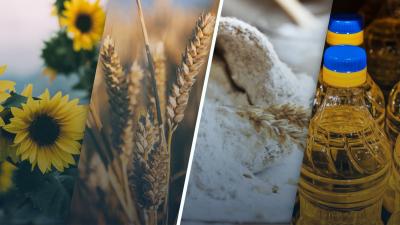
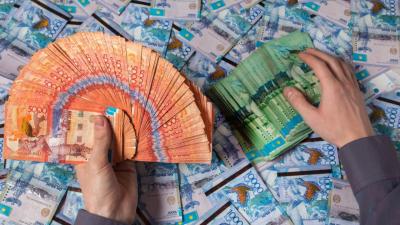
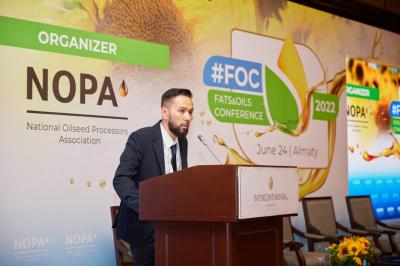
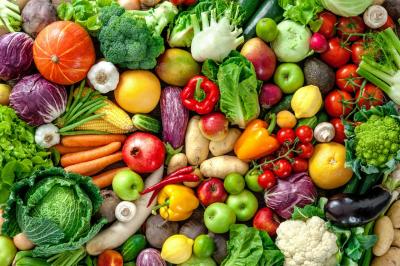


Обсуждение